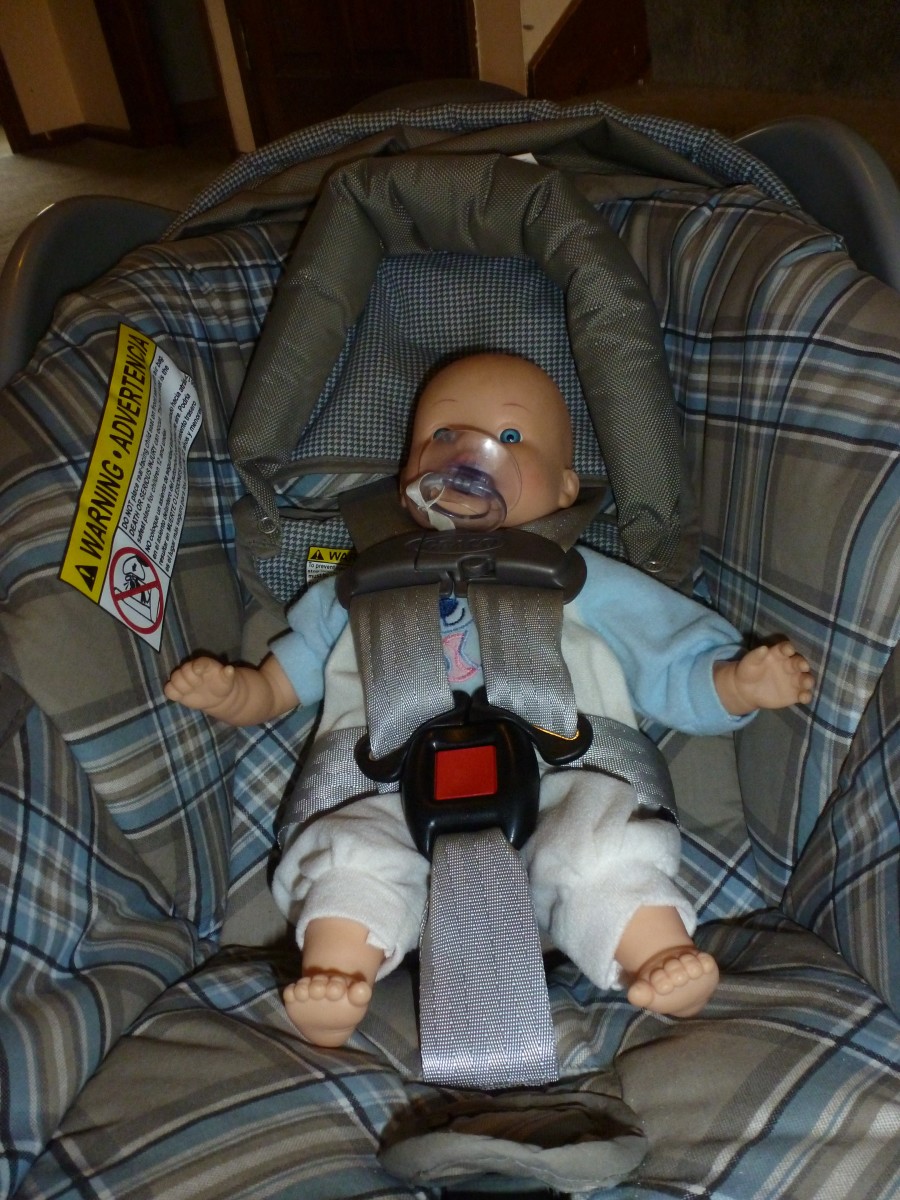Texting and Driving: The Hidden Psychological Consequences

The psychological effects of a back injury
My daughter says I am irritable. I love her. She is in middle school, but reads and speaks at a college level. That is her way of telling me I am being an a##. Irritable sounds much better and packs less of an impact and she is right. Yesterday, I got out of the house and drove. I noticed that every little slight by other drivers made me angry. I also noticed that I was very aware of cars in front and behind me now and I continued to hear the “POP” of the accident in my head.
Several years ago, I did some writing for a magazine called Orthopedic Technology Review. One of the articles I researched was about a hospital in Oklahoma where they only treated back patients. It was a huge hospital and their philosophy was that when a person hurts his/her back that the injury is just as much psychological as it is physical. They treated the entire patient on their premises. They had the best technologies for doing surgeries and they had a mental health staff that worked with patients to deal with underlying issues that could affect their recovery.
Your spine supports all of your other bodily systems. When you injure it, it literally puts into doubt your ability to function. I could never imagine having this injury or worse and working in construction or as a mechanic. Although my back hurts and I am stiff, I can make some simple accommodations and do my job. There is no way a person who lifts or carries things for a living can do their job with this injury and that creates pressure on all parties involved.
Your boss gets angry because you cannot perform the duties for which you were hired. He and others may even think you are faking your injury for financial gain. If you are involved in a relationship, it is affected because now you are in jeopardy financially and physically you are limited. Of course you are going to be ‘irritable’.
So, what can I do, according to the physicians I spoke to, to help myself heal:
- I have to understand that my back and my injuries can heal. If I believe that they cannot heal, I am less likely to participate in my own recovery.
- I have to confront and deal with any underlying psychological issues that may affect my ability to recover. For me, honesty is the best policy. I should go and talk to someone to make sure, but I think that I have to be honest with myself as to why I feel what I am feeling. Many people are not introspective. They run head-long into issues or they avoid the issue and hope it goes away, when sometimes it is just good to stop.
- I have the right to feel all of my emotions, but I do not have the right to take my feelings out on others. Luckily, my daughter had the ability to understand that I am not myself. Some children would not have that ability. At this time, I want to be subjective and care for myself, but it is even more important to take an objective view so that I can care for those around me who need me.
- Finally, take the time to heal. Follow the doctor’s orders. Rest, whenever, possible and do not put pressure on yourself to do things that your body is used to doing. My bones are creaking and cracking and they never did that before. Listening to my body is crucial to healing.
I read a Ghandi quote that said, (paraphrase) If you are depressed, you are living in the past, if you are anxious you are living in the future, but if you are at peace, you are living for today. That is a goal for life, but for a person with back injuries, it is essential to be at peace to begin the healing process. You cannot go back and fix yesterday and tomorrow is not here yet; live and be well today.








